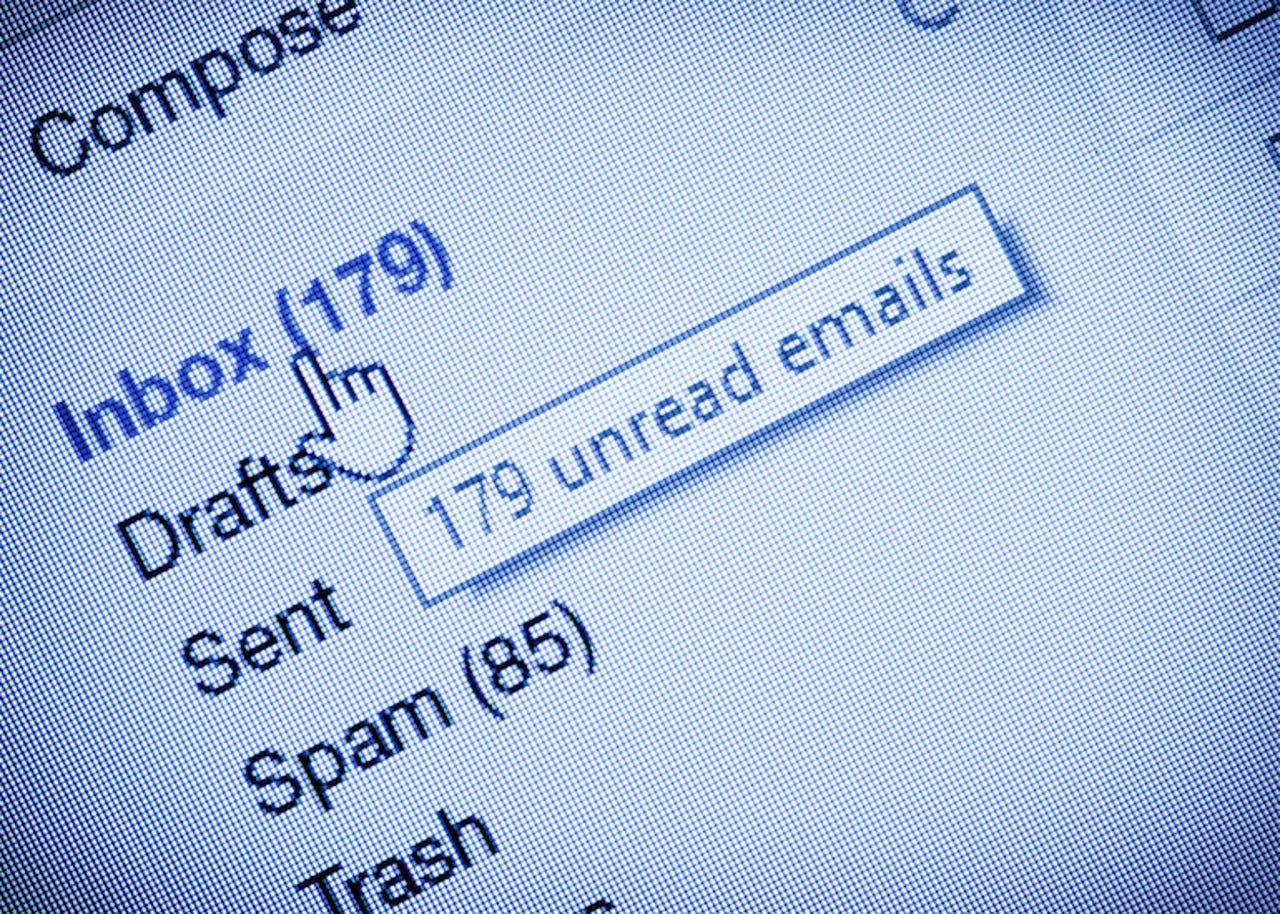Tech giants, civil liberties coalition urges Congress to pass email privacy law


(Image: file photo)
Over 50 civil liberties and tech groups have called on Congress to ensure an email privacy bill is passed as part of a defense spending package.
The Email Privacy Act, which passed in the House earlier this year, will prevent the government from accessing any opened emails that are older than six months without a warrant.
That's because of a four-decades-old law that almost predates email in its modern form. Feds have for years cited the Electronic Communications Privacy Act (ECPA), signed into law in 1986, to gain access to older emails with just a subpoena -- which doesn't require a judge. Anything that's under that six-month period or is unopened still requires a warrant.
Congress has been in a love-hate relationship with the Email Privacy Act for years, in that lawmakers have tried to change and improve the law, but the top brass wouldn't have it. And federal agencies, like the Securities and Exchange Commission, which rely heavily on keeping the old law intact, have resisted changes to the law.
After years of wrangling, the bill eventually passed in the House earlier this year.
But now a coalition wants to ensure that the bill is included in the vote on the National Defense Authorization Act (NDAA) for the upcoming fiscal year to ensure it becomes law.
The ACLU, along with the Brennan Center, Center for Democracy & Technology, the EFF, and the Open Technology Institute were among those who signed onto the letter.
Adobe, Amazon, Box, Dropbox, Facebook, Google, Oath -- which owns Yahoo -- and Wikimedia also signed in support of passing the bill.
The email privacy bill isn't perfect, they note, and it had good provisions which are no longer there, according to the letter.
The bill "represents a carefully negotiated compromise which preserves existing exceptions to the warrant requirement, provides a new ability for civil agencies to obtain access to previously public commercial content, and maintains the government's ability to preserve records and obtain emails from employees of corporations," says the letter, posted Tuesday.
"We are particularly pleased that the bill does not carve out civil agencies from the warrant requirement, which would have expanded government surveillance power and undermined the very purpose of the bill, or contain unnecessary and overbroad mandatory emergency exceptions," the letter says.
The defense spending bill is expected to go into conference in the coming weeks to be reconciled with the Senate-passed version.
A final vote is expected later this year.